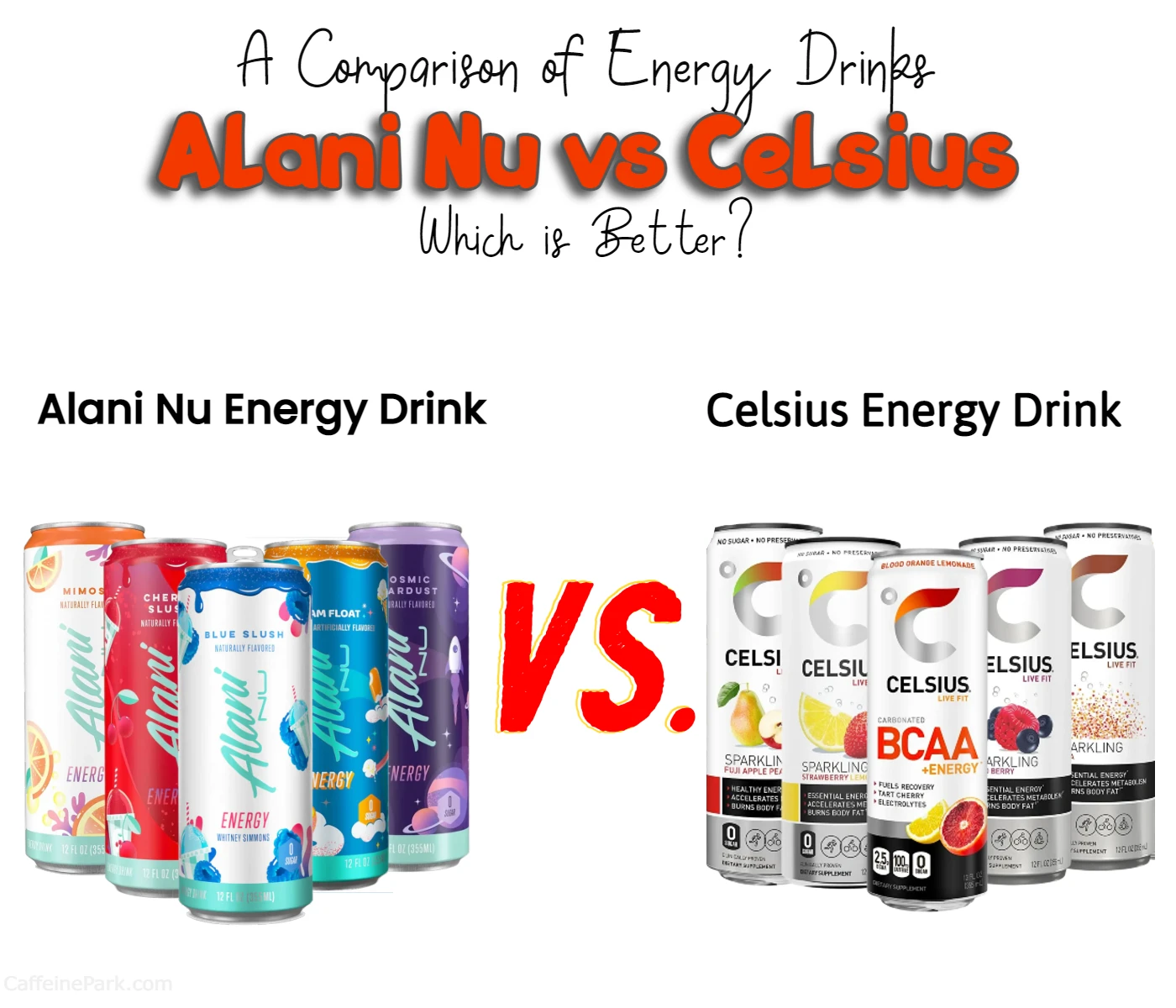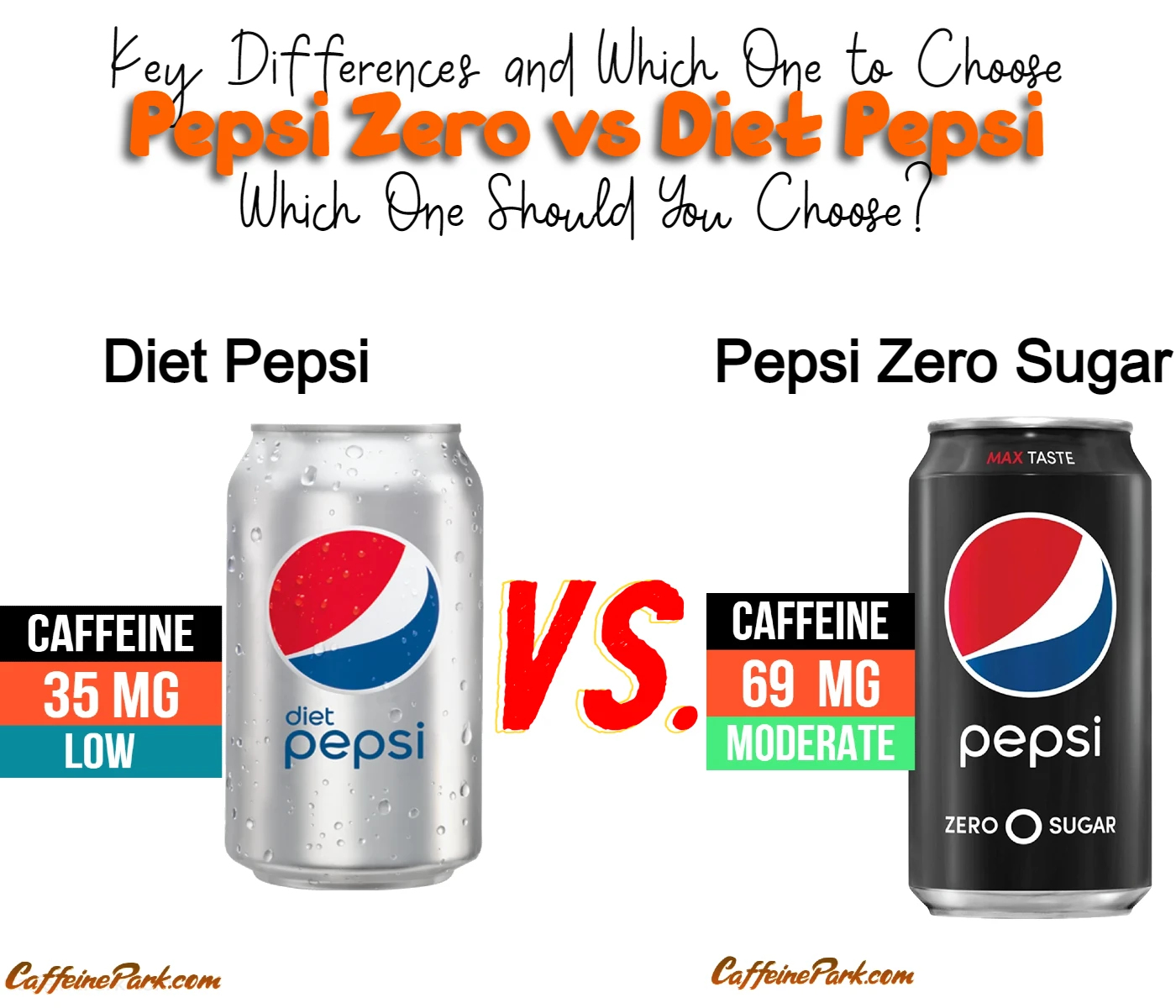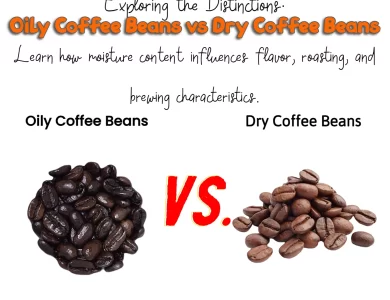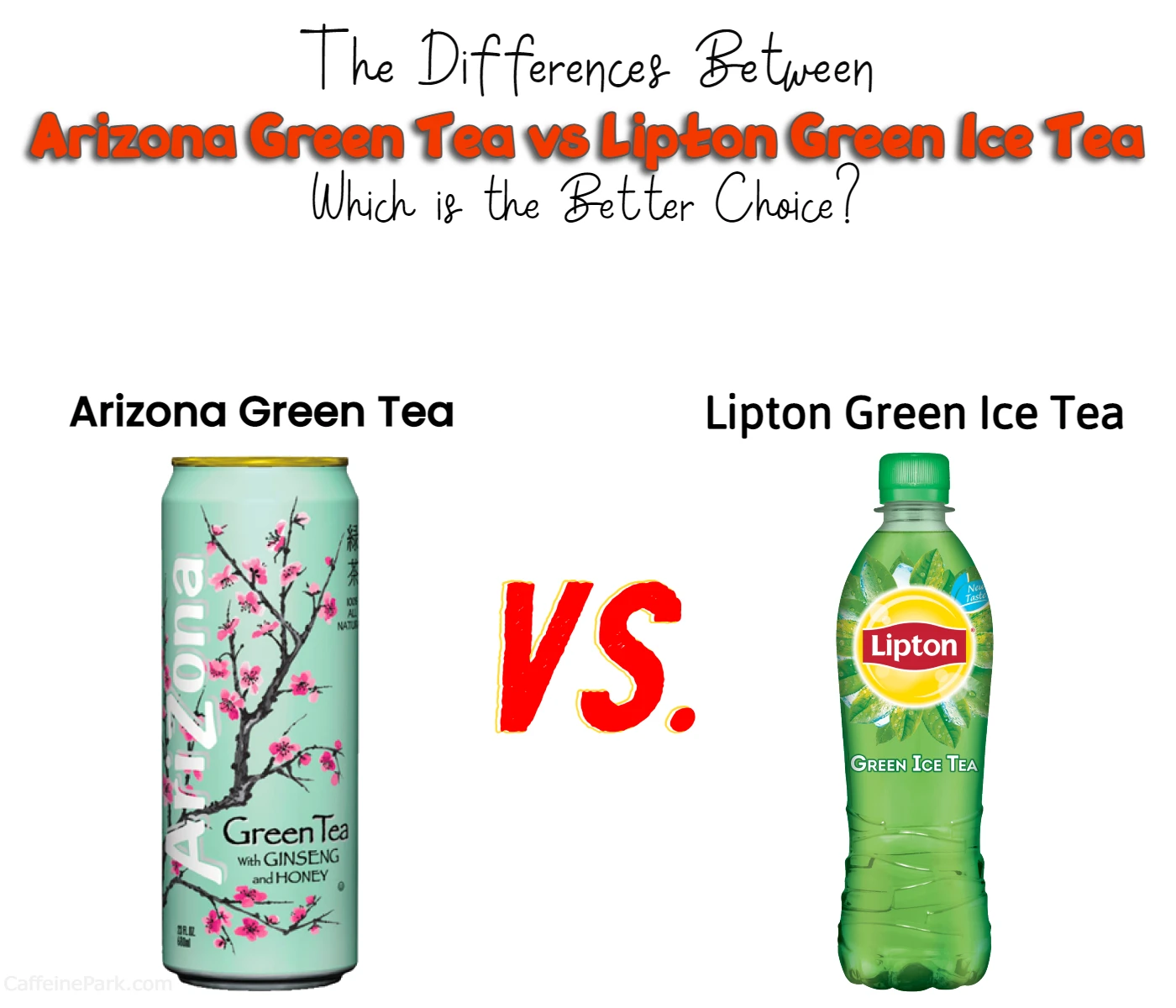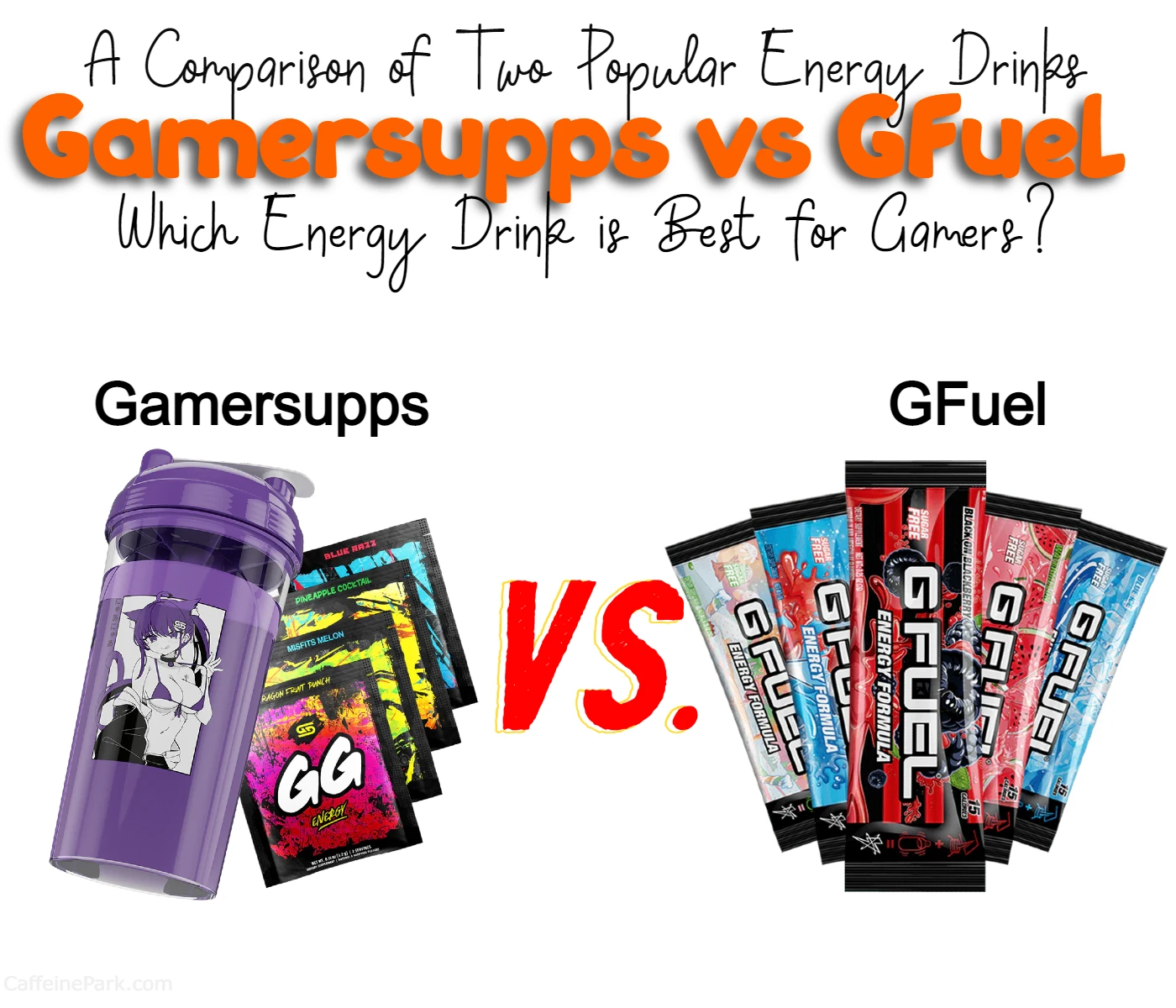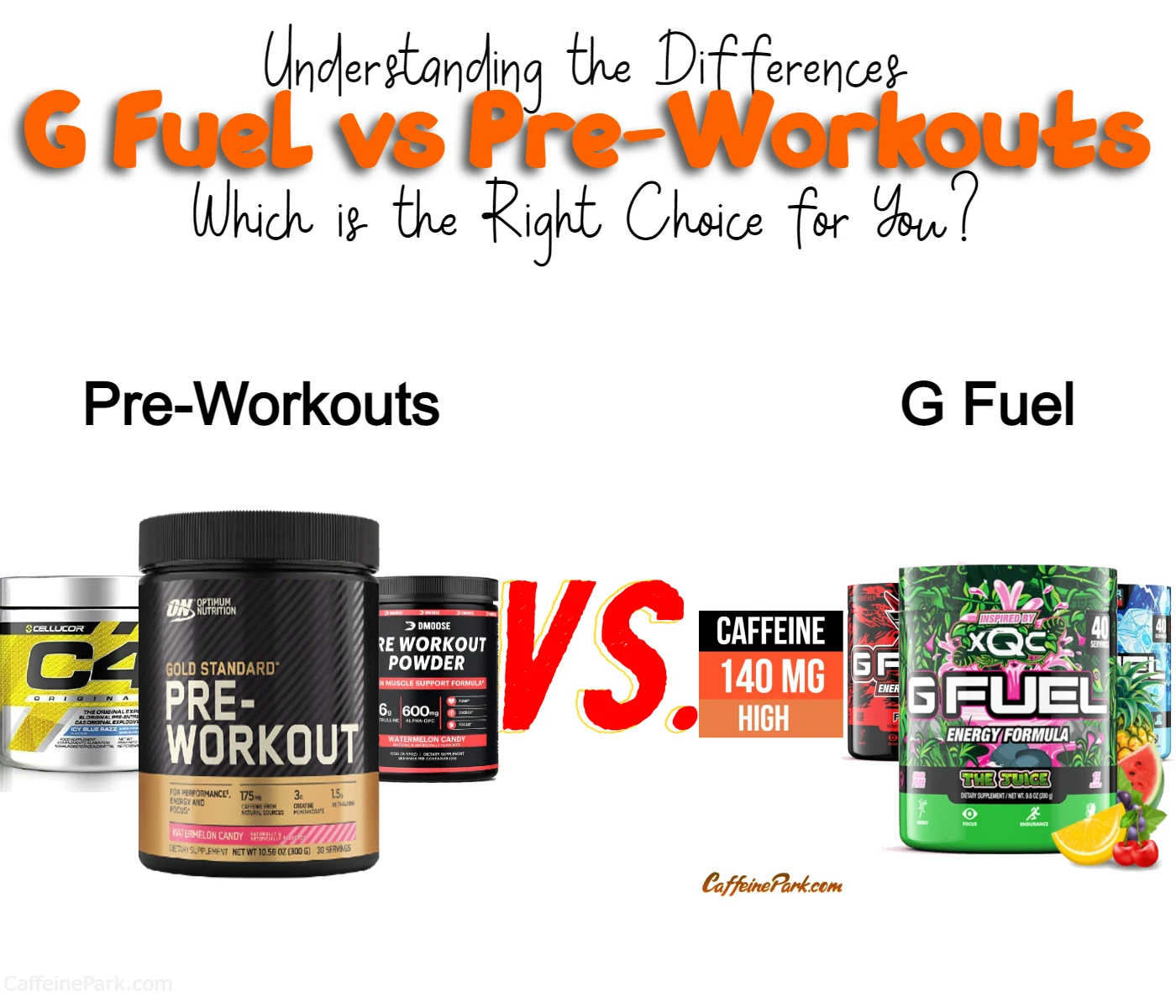
Are you looking for an energy boost to help you power through your workouts or stay focused and alert during long gaming sessions? If so, you may be considering two popular options: pre-workout supplements and G Fuel.
While both products are marketed as energy-boosting supplements, they differ in their specific ingredients, dosages, and intended uses. Pre-workout supplements are specifically formulated to enhance physical performance during exercise, while G Fuel is marketed more toward gamers and content creators who need to stay energized and focused for extended periods of time.
So, which option is right for you? In this blog, we’ll take a closer look at the differences between pre-workout supplements and G Fuel, as well as their potential benefits and side effects. By the end of this article, you’ll have a better understanding of which supplement may be best suited to your specific needs and goals. So, let’s dive in!
| Pre-Workout Supplements | G Fuel | |
|---|---|---|
| Intended Use | Enhance physical performance during exercise | Stay focused and energized for extended periods of time |
| Main Ingredients | High doses of caffeine, beta-alanine, yohimbine | Lower doses of caffeine, taurine, vitamins, antioxidants, nootropics |
| Benefits | Enhanced endurance, strength, muscle pump | Increased focus, alertness, and cognitive function |
| Potential Side Effects | Jitters, anxiety, digestive issues | Insomnia, dehydration, increased heart rate |
| Recommended Dosage | Follow package instructions and do not exceed recommended dose | 1 scoop per serving, up to 2 servings per day |
| Safety | Can be risky due to high doses of caffeine and other stimulants | Generally considered to be a safer alternative |
| Compatibility with other supplements | Not recommended to take multiple supplements containing similar ingredients | Stick to one supplement at a time and follow recommended dosages |
Difference between Pre-Workout and G Fuel
What is Pre-Workout?
Pre-workout supplements are usually powders or pills that you take before exercising to enhance your performance. They usually contain a variety of ingredients that work together to give you an energy boost, improve endurance, increase strength, and enhance mental focus. Some common ingredients in pre-workouts include caffeine, creatine, beta-alanine, and nitric oxide boosters.
Caffeine is a stimulant that can increase alertness, energy, and focus. It can also reduce fatigue and muscle soreness, allowing you to push harder during your workout. Creatine is a molecule that helps produce energy for muscle contractions, leading to increased strength and power. Beta-alanine is an amino acid that can reduce muscle fatigue and increase endurance. Nitric oxide boosters, such as arginine and citrulline, can increase blood flow and oxygen delivery to the muscles, leading to better performance and recovery.
What is G Fuel?
G Fuel is a powdered energy drink that claims to provide a “clean” energy boost without the crash or jitters that come with other energy drinks. It contains a blend of ingredients that are meant to increase energy, focus, and endurance, such as caffeine, taurine, and vitamins. G Fuel also contains antioxidants and nootropics, which are substances that are believed to enhance cognitive function.
One of the main differences between G Fuel and pre-workout supplements is that G Fuel is marketed more towards gamers, content creators, and people who need to stay focused and energized for long periods of time, rather than just during a workout. G Fuel is also available in a wider variety of flavors than pre-workout supplements, making it more appealing to some people who don’t like the taste of traditional pre-workouts.
Ingredients Comparison
Let’s take a closer look at the ingredients in pre-workout supplements and G Fuel, and how they differ.
Caffeine Content
Caffeine is a common ingredient in both pre-workout supplements and G Fuel, and it’s one of the most effective and well-studied stimulants for enhancing performance. Caffeine can increase alertness, energy, and focus, and it can reduce fatigue and muscle soreness.
Most pre-workout supplements contain around 200-400mg of caffeine per serving, which is roughly equivalent to 2-4 cups of coffee. G Fuel, on the other hand, contains around 140mg of caffeine per serving, which is about the same as a cup and a half of coffee. While G Fuel has a slightly lower caffeine content than most pre-workout supplements, it also contains other ingredients that can enhance its effects.
Creatine
Creatine is a molecule that helps produce energy for muscle contractions, leading to increased strength and power. It’s a common ingredient in pre-workout supplements, and many athletes and bodybuilders take it as a standalone supplement. However, G Fuel does not contain creatine.
Beta-Alanine
Beta-alanine is an amino acid that can reduce muscle fatigue and increase endurance. It’s a common ingredient in pre-workout supplements, but it’s not found in G Fuel.
Nitric Oxide Boosters
Nitric oxide boosters, such as arginine and citrulline, can increase blood flow and oxygen delivery to the muscles, leading to better performance and recovery. They’re a common ingredient
in pre-workout supplements, but they’re not found in G Fuel.
Taurine
Taurine is an amino acid that’s found in high concentrations in the brain, heart, and muscles. It’s a common ingredient in energy drinks, including G Fuel. Taurine can improve mental performance and reduce fatigue, and it may also have antioxidant and anti-inflammatory effects.
Vitamins and Antioxidants
G Fuel contains a variety of vitamins and antioxidants, such as vitamin C, vitamin E, and resveratrol. These substances are believed to have beneficial effects on overall health and well-being, and they may also enhance cognitive function.
Pre-workout supplements may also contain vitamins and antioxidants, but they typically focus more on ingredients that enhance physical performance.
Which One Should You Choose?
So, should you choose pre-workout supplements or G Fuel for your energy needs? The answer depends on your goals and preferences.
If you’re primarily interested in enhancing your physical performance during a workout, a pre-workout supplement may be a better choice. Pre-workouts are specifically formulated to enhance energy, endurance, strength, and focus during exercise, and they contain ingredients that are well-studied for these purposes.
On the other hand, if you’re looking for an energy boost that can help you stay focused and alert for an extended period of time, G Fuel may be a better choice. G Fuel is marketed more towards gamers and content creators who need to stay energized and focused for long periods of time, and it contains ingredients that may enhance cognitive function in addition to physical performance.
It’s also worth noting that pre-workout supplements can be more expensive than G Fuel, and they may have a more intense and “jittery” effect due to their higher caffeine content. G Fuel, on the other hand, is generally considered to have a smoother and more sustained energy boost.
Ultimately, the choice between pre-workout supplements and G Fuel comes down to personal preference and the specific goals you have for your energy needs. Whichever option you choose, be sure to follow the recommended dosage instructions and stay hydrated to maximize their benefits and minimize any potential side effects.
Potential Side Effects
As with any supplement, there are potential side effects associated with both pre-workout supplements and G Fuel. It’s important to be aware of these side effects before deciding which product to use and to always follow the recommended dosage instructions to minimize the risk of adverse effects.
Pre-Workout Side Effects
Some of the most common side effects associated with pre-workout supplements include:
- Jitters or shakiness
- Headaches
- Nausea or vomiting
- Racing heartbeat
- High blood pressure
- Difficulty sleeping
These side effects are typically due to the high caffeine content of pre-workout supplements, as well as other stimulants such as beta-alanine and yohimbine. They can be especially problematic for people who are sensitive to caffeine or who consume other sources of caffeine throughout the day.
G Fuel Side Effects
G Fuel is generally considered to be a safer alternative to pre-workout supplements, as it contains lower doses of caffeine and other stimulants. However, there are still some potential side effects to be aware of, including:
- Jitters or nervousness
- Insomnia or difficulty sleeping
- Headaches
- Nausea or vomiting
- Rapid heartbeat
- Dehydration
It’s worth noting that some of these side effects may be more pronounced in people who are not used to consuming caffeine or other stimulants. Additionally, G Fuel contains a variety of other ingredients that could potentially cause allergic reactions or interact with medications, so it’s important to read the label carefully and consult with a healthcare professional if you have any concerns.
Conclusion
In summary, pre-workout supplements and G Fuel are two popular options for people looking to enhance their energy, focus, and physical performance. Pre-workout supplements are specifically formulated to enhance physical performance during exercise, while G Fuel is marketed more towards gamers and content creators who need to stay energized and focused for extended periods of time.
Both supplements contain a variety of ingredients that can have beneficial effects on energy, focus, and cognitive function, but they differ in terms of their specific ingredients and dosages. Pre-workout supplements typically contain higher doses of caffeine and other stimulants, while G Fuel contains lower doses of caffeine and a variety of other ingredients such as taurine, vitamins, and antioxidants.
Ultimately, the choice between pre-workout supplements and G Fuel comes down to personal preference and the specific goals you have for your energy needs. Whichever option you choose, be sure to follow the recommended dosage instructions and stay hydrated to maximize their benefits and minimize any potential side effects.
FAQs
Pre-workout supplements are designed to enhance physical performance during exercise, while G Fuel is marketed towards gamers and content creators who need to stay focused and energized for extended periods of time.
Pre-workout supplements typically contain high doses of caffeine and other stimulants such as beta-alanine and yohimbine, as well as ingredients to enhance blood flow and muscle pump.
Both supplements come with potential side effects, but G Fuel is generally considered to be a safer alternative due to its lower doses of caffeine and other stimulants.
It is generally not recommended to take both supplements together, as they can contain similar ingredients that may cause adverse effects when combined. It is best to stick to one supplement at a time and follow the recommended dosage instructions.
Read More:
